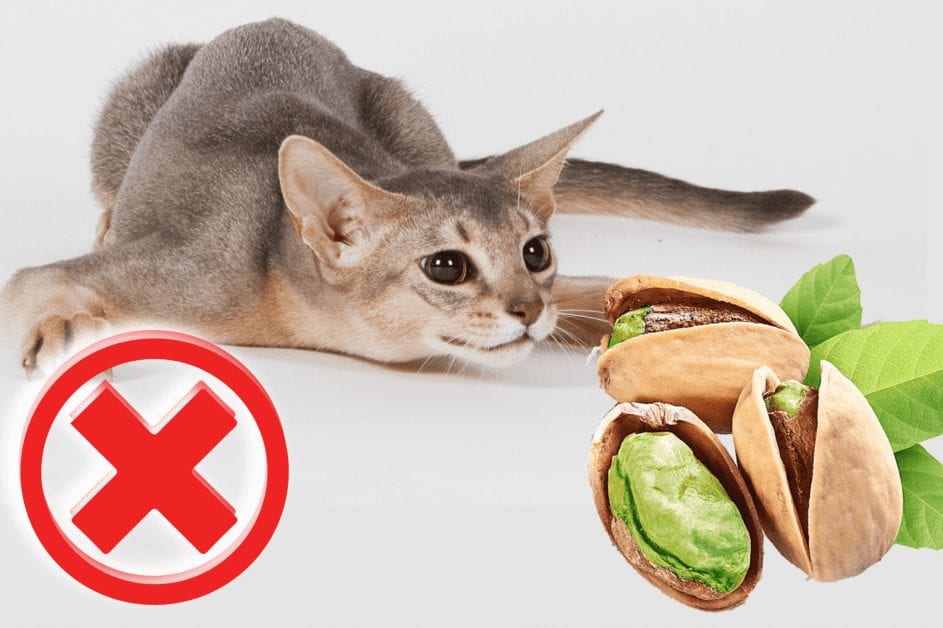In reality, behind the apparent delicacy of the cat, there are very specific food needs, which we cannot fail to take into account when preparing a menu that is really suitable for our beloved feline.
Cats are carnivores by nature, so meats can never be absent from their menu, indeed, they must be present in a preponderant way. This does not mean that cats cannot eat other types of food, as long as they are in modest amounts.
Fish, eggs, cereals, can bring benefits to your feline, as long as they are given in the right measure.
But what about Fruits? Cats in nature don’t feed on them, nor do they need it, because it does not bring significant benefits.
In fact, the negative risks are much greater. This is not to say that your cat should never taste fruits, but it will require close supervision on our part.
Can Cats Eat Pistachios?
Beware, pistachios are poisonous for cats and, like all other types of nuts, are one of the things you have to protect your cat from. Cats are naturally curious and quickly learn that in principle everything they see humans eat is great to try.
Most cats will spit them out again because nuts have bitter substances on their skin that cats tongues feel immediately (e.g. the bitter substance on walnuts, which we can also taste).
Almost all pistachios on the market contain a small amount of mold spores and various other fungi. It may be okay for humans, but it can end badly for cats.
Nuts are taboo and, like chocolate, they must always be kept in a secure place far from the reach of your cat.
Helpful Tips
- Prevention is always better than cure: therefore, if you are fond of pistachios, it is better to hide them in an inaccessible place for our curious cats;
- If your cat ate pistachios, do not panic, monitor your cat’s behavior for any sign of discomfort. The real risk is that they have eaten an excessive amount of pistachios or have ingested the shells;
- If your cat shows signs of discomfort from ingesting pistachios, take it immediately to a trusted vet;
This article is purely informative, at Shelterapet we do not have the right to prescribe veterinary treatments or make any type of diagnosis. We encourage you to take your pet to the vet in case of any kind of discomfort.


